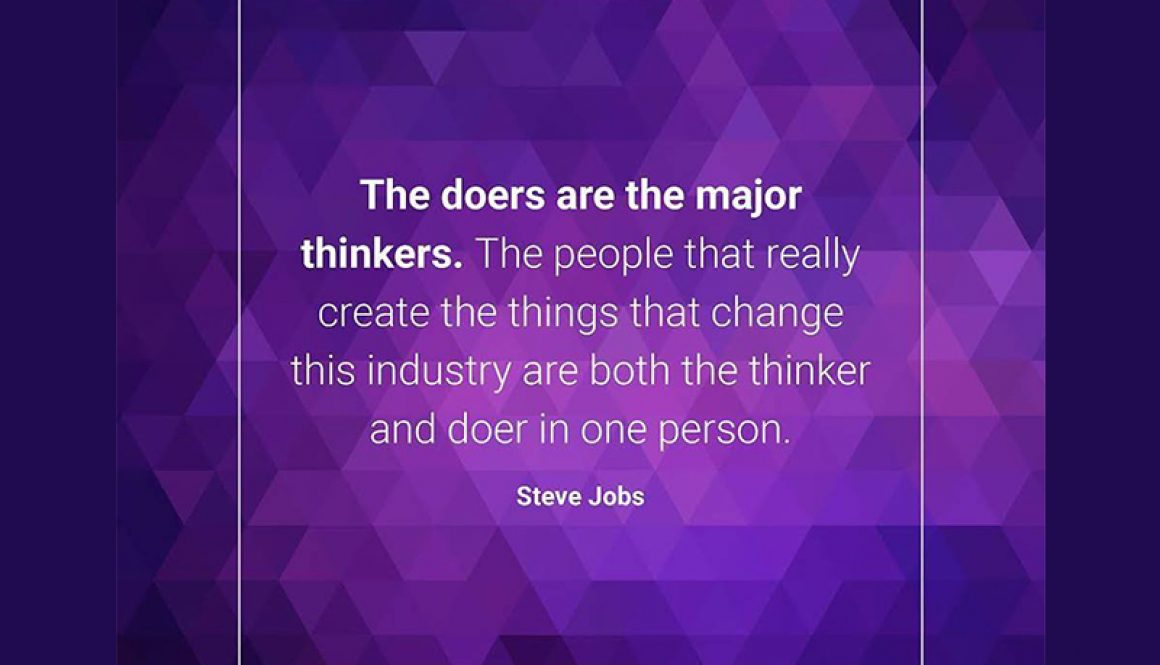Get In The Game
The “Experts”
I have a major personality defect. I just can not stand to listen to ”experts” who have never worked in this field describe solutions to the problems within this field.
I’m working on this particular defect; because I can probably learn from some of those people.
But it’s very difficult for me.
Some Random Thoughts
10 plus years of unprecedented attention on the “opioid epidemic” (relatively speaking).
I’ve done behavioral health work a long, long time and never thought I would see this amount of attention focused on any addiction-related issue.
It seems, we are working hard to figure out ways to manage the “opioid epidemic”.
And it seems these efforts may be paying off. Overdose deaths dropping significantly in Pennsylvania, West Virginia, Ohio.
But….Public health experts caution us:
Dr. Donald Burke, dean of the University of Pittsburgh Graduate School of Public Health, has his doubts that the region has turned any corners. –
“At this point, I’m not confident it is a permanent change for the good or if we’re just returning to the expected curve,” Burke said. “In our paper in Science a few months ago, we showed overdoses from all drugs, not just opioids, have been growing exponentially for 40 years. Occasionally it speed ups and slows down, but the growth curve always snapped back.”
Take note of what he says about overdoses:
“…we showed overdoses from all drugs, not just opioids, have been growing exponentially for 40 years”.
I’m no fan of Purdue Pharma and I think the Food and Drug Administration.
Mini – Rant
I believe most government bureaucracies are inherently ineffective.
My worst nightmare is an academic bureaucrat with zero experience in the world telling me how to live my life and what is “safe”.
The FDA is just exceptionally ineffective and probably corrupt).
But is the opioid crisis really the issue?
And does this evil corporate villain narrative (even though its true) move the needle on improved outcomes?
More Significant Issues
In South Carolina (and other states) there are more significant issues than opioids.
More people die from cocaine than heroin in SC. The chronic misuse of alcohol kills more people than opioids.
For decades alcohol has topped the list.
We may emerge from the other end of this “opioid crisis” with a plan for better opioid overdose management.
It appears we are making progress in that area.
But we are making zero progress in terms of addressing addiction.
It’s Traditional
We are recycling traditional methods and lamenting the need for more funding for these traditional methods.
I say we focus on inventing new methods or, better yet, rethink the whole approach to addiction and recovery.
Rethink the underlying paradigm of “addiction and recovery”.
Rethink and execute on new ideas.
Stop Focusing
On services for “willing” clients and focus on the real problem: the “unwilling” and ambivalent client.
Stop focusing on “parity” for insurance reimbursement and focus on paving an entirely new business model/reimbursement highway.
Stop focusing on theory and start focusing on practice.
An example of a new method:
Since we know that addiction involves “irrational thinking” and an “unwillingness to get help” (especially if it involves showing up at the local “drug clinic”) let’s game plan for that reality.
Rather than requiring the “willing” client to enroll in services and demonstrate their compliance and adherence to the almighty treatment dictates .
The Engagement Specialist
Allow a 3rd party to enroll them.
Parents for example could call and sign their child up. This could be paid for by insurance.
The parents sign the kid up with a vendor who is an “engagement specialist”.
It becomes the vendor’s job to figure out a way to establish the connection and figure it out.
The company gets reimbursed based on results (engagement rates; linkage rates etc..).
We could work out the metrics for reimbursement. And we could work out the barriers around “confidentiality or regulations”.
We could work out the workforce issues, training and supervision.
Health Coaching
We lean heavy of health coaching models and community outreach workers and avoid traditional “treatment providers”.
Here we don’t call it recovery coaching.
We call it health coaching and integrate the service with outreach for other chronic diseases such as diabetes and heart health.
I could go on and on and on with other similar ideas.
The Status Quo
Many people will read that example and roll their eyes.
Many will begin to spout off a list of reasons “that can’t happen”. There are a bunch of reasons to not do it.
If you have that type of standard reaction just keep doing what you are doing:
You can ride out the status quo. Continue to wait for the client to “hit bottom” and come see your magnificent program.
Keep telling the parent the kid just “has to want it”.
Keep recommending to congress we roll out more money for more programs for more people who won’t show up.
Get ‘er Done
Have at it. Get ‘er done!
But if the example above resonates with you in any way.
If it leaves thinking and pondering better ways to do this work.
Then get in the game and overcome the barriers.
The Herd
Ignore those that are afraid to try anything new. Ignore those that tell you its impossible.
Take some risks and do something different.
No one will “reimburse” you for your new ideas.
No one will pay you for the services. In some cases, they may tell you that you are not allowed to try something new.
Go back to the lab and try again. Find allies and find private funding.
Find people outside the “recovery bubble” who want to help.
Get in the game. The more different the better.
The more non-traditional the better. Be a doer/thinker.

